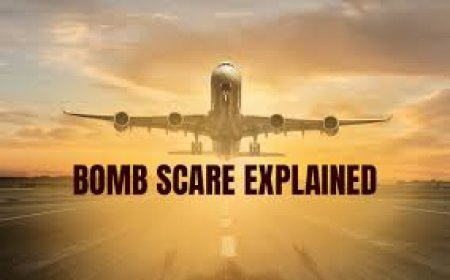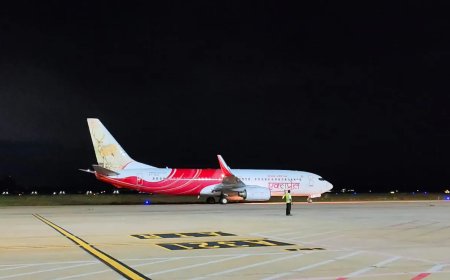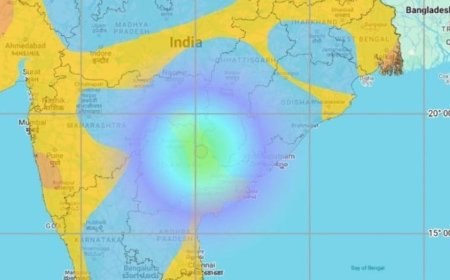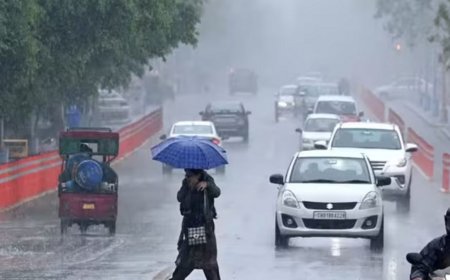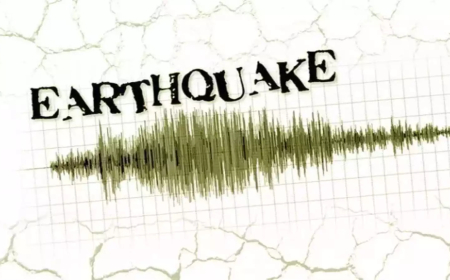Iran’s Quds Force Leader ‘In Stable Health,’ Says Deputy Commander
The Deputy Commander of Iran's Quds Force has confirmed that the commander is in stable health, dismissing rumors of his deteriorating condition. This article explores the statement, context, and significance of the Quds Force leadership for regional and global affairs.
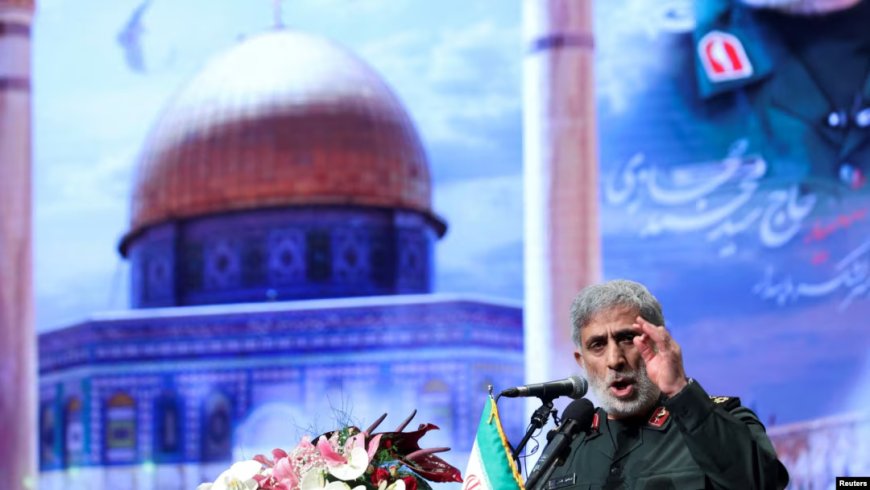
Introduction: A Reassuring Statement from Iran’s Military Leadership
Amid rising speculation about the health of the Quds Force’s commander, a senior Iranian military official has dismissed rumors, confirming that the leader is in good health. This announcement, made by the deputy commander of the Quds Force, has sought to ease concerns about a potential leadership vacuum in one of Iran’s most influential military wings. The Quds Force, known for its strategic role in regional geopolitics and military operations, holds significant power both within Iran and across the Middle East. In this article, we’ll explore the context behind these health rumors, the role of the Quds Force in Iran’s military, and why this leadership stability matters for Iran’s domestic and foreign policy.
1. The Role of the Quds Force in Iran’s Military Structure
To understand the significance of the commander’s health status, it’s crucial to first appreciate the role of the Quds Force within Iran’s military framework. The Quds Force is a special unit of Iran’s Islamic Revolutionary Guard Corps (IRGC) responsible for extraterritorial military operations. Its influence extends beyond Iran’s borders, playing a major role in supporting and shaping the policies of regional allies and militias in places like Iraq, Syria, Lebanon, and Yemen.
-
Specialized Military Unit:
The Quds Force operates as the spearhead of Iran’s foreign military strategy, particularly in countries where Iran seeks to expand its influence through proxy forces. Whether through logistical support, intelligence operations, or direct military engagement, the Quds Force is instrumental in Iran’s regional ambitions. -
Influential Leadership:
Since the assassination of its former commander, General Qassem Soleimani, in 2020, the leadership of the Quds Force has been under scrutiny, with its new commander tasked with maintaining Iran’s influence in the region. The health and stability of its current leadership are vital to ensuring the continuity of Iran’s strategic operations abroad.
2. Rumors Surrounding the Commander’s Health
In recent weeks, there had been growing speculation regarding the health of the Quds Force’s current commander. These rumors, fueled by unverified reports circulating on social media, suggested that the leader was facing significant health issues, which could potentially create instability within Iran’s military hierarchy.
-
Spread of Unverified Information:
These rumors gained traction through various unofficial sources, creating concerns that the absence or incapacitation of the commander could disrupt the operations of the Quds Force. Such speculation can often lead to misinformation, which is why the deputy commander’s statement was essential in putting these concerns to rest. -
Official Response from the Deputy Commander:
Addressing these rumors, the deputy commander of the Quds Force emphasized that the leader remains in good health, dismissing any claims of serious illness or incapacity. This official response has sought to ensure confidence in the continuity of leadership within one of Iran’s most critical military units.
3. The Importance of Stability in Quds Force Leadership
For Iran, the Quds Force plays a pivotal role in its military, political, and strategic influence across the region. As such, the stability of its leadership is crucial, particularly given the complex geopolitical dynamics in the Middle East.
-
Continuity in Operations:
The Quds Force’s operations are long-term and require consistent leadership to maintain relationships with regional allies, support proxy forces, and execute Iran’s broader military objectives. Any instability in leadership could disrupt these operations, potentially weakening Iran’s strategic position. -
Avoiding Leadership Vacuum:
A leadership vacuum in the Quds Force could have far-reaching implications, both for Iran’s regional allies and adversaries. Iran’s regional opponents may see an opportunity to exploit such instability, while its allies could face uncertainty without the steady hand of an experienced Quds Force leader.
4. Regional and Global Reactions
The Quds Force’s leadership is not only a matter of concern within Iran but also for international powers who monitor Iran’s military movements closely. Western nations, particularly the United States and its allies, view the Quds Force as a key player in Iran’s regional strategy.
-
Regional Implications:
The health and stability of the Quds Force leader can have a direct impact on ongoing conflicts in Syria, Iraq, and Lebanon, where Iran maintains a presence through various militias and proxy groups. A weakened Quds Force could lead to a power vacuum, affecting the balance of power in these regions. -
Global Geopolitical Impact:
Globally, the leadership of the Quds Force is scrutinized for its role in shaping Iran’s relations with world powers. The stability of this unit is essential in determining how Iran navigates its geopolitical challenges, particularly regarding sanctions and negotiations with Western powers.
5. The Legacy of Qassem Soleimani and Leadership Transition
The legacy of General Qassem Soleimani, the former commander of the Quds Force, looms large over the current leadership. Soleimani was not only a military strategist but also a revered figure within Iran and among its allies in the region.
-
Soleimani’s Influence:
His assassination by a U.S. drone strike in January 2020 left a significant void in Iran’s military leadership. Soleimani had established a deep network of alliances and operations that the current leadership continues to build upon. -
Challenges for Successors:
The new leadership faces the challenge of filling Soleimani’s shoes while ensuring that the Quds Force remains as effective and influential as it was under his command. The health and well-being of the current commander, therefore, are critical in maintaining this continuity and legacy.
Conclusion: A Reassured Future for the Quds Force
The deputy commander’s statement affirming the good health of the Quds Force’s leader provides much-needed reassurance at a time when leadership stability is essential for Iran’s military strategy. As one of the most critical units within the Iranian military structure, the Quds Force’s leadership plays a key role in determining Iran’s foreign policy, regional alliances, and military operations.
While rumors about the commander’s health may have sparked concern, the official clarification emphasizes the continued stability and strength of the Quds Force. This stability is vital for Iran as it navigates a complex regional landscape, balancing its relationships with both allies and adversaries.
In the broader context of Middle Eastern geopolitics, the Quds Force’s leadership will remain a focal point, with global powers watching closely for any shifts that could alter the balance of power in the region. For now, the assurance of health and stability in the Quds Force leadership suggests that Iran’s military operations and strategic ambitions will continue uninterrupted.
What's Your Reaction?


















